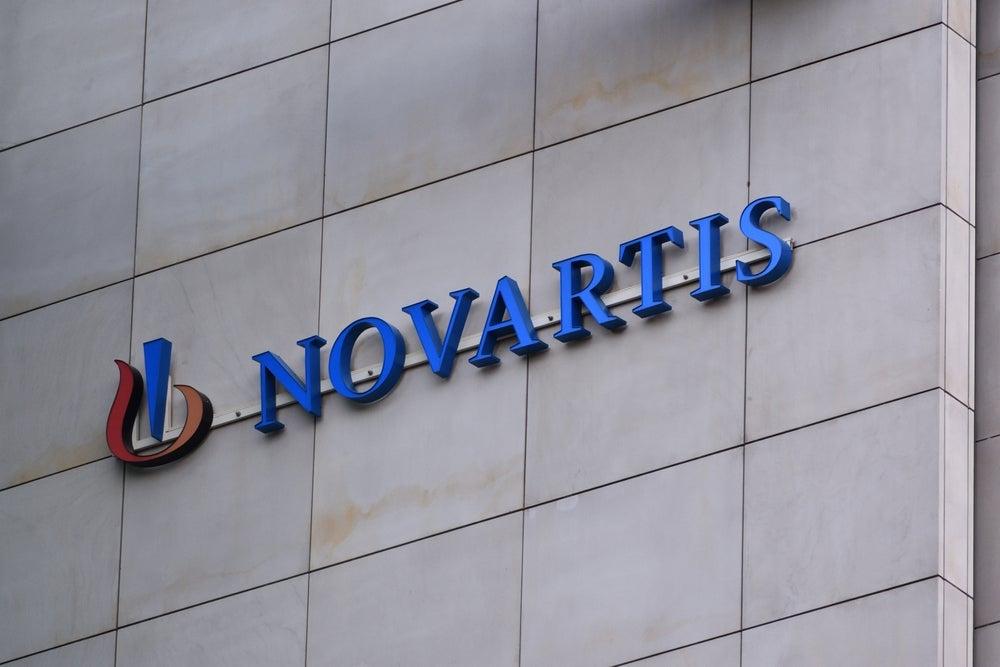ByteDance is currently navigating a massive strategic pivot by negotiating a monumental deal to sell its primary gaming subsidiary, Moonton, to an eager international buyer. This potential multi-billion dollar sale highlights a significant shift within the global video game industry as major tech giants reassess their long-term digital entertainment portfolios. Specifically, ByteDance seeks a reputable buyer for Shanghai Moonton Technology while reportedly engaging in advanced discussions with Saudi Arabia’s Savvy Games Group at this very moment.
Trusted industry sources currently value this potential transaction between $6 billion and $7 billion, which would mark one of the most substantial gaming acquisitions of the year. Furthermore, both parties have reached a critical initial agreement on broad terms, suggesting that a final deal could officially conclude as early as the end of this current quarter. This breaking news follows a series of internal reports regarding ByteDance’s strategic pivot away from core gaming operations to focus more intensely on its social media and artificial intelligence sectors.
Previously, Moonton developed the massive hit mobile title Mobile Legends: Bang Bang, and this specific game remains a dominant, high-revenue force across various Southeast Asian markets today. Moreover, Savvy Games Group continues its aggressive expansion into the global gaming landscape because they aim to acquire durable franchises that boast massive, loyal online communities. Therefore, buying Moonton fits perfectly into their ambitious long-term investment strategy while ByteDance simultaneously sharpens its focus on short-video platforms and innovative generative AI tools.
This major transition marks a turning point for the TikTok parent company as it streamlines its corporate structure to prioritize high-growth digital segments. Additionally, the broader gaming sector is witnessing a surge in high-value dealmaking activity as global companies race to acquire live-service expertise and established international player bases. Because of this competitive environment, Moonton represents a highly attractive asset for Savvy Games Group, which seeks to diversify its holdings.
Transitioning ownership would grant the Saudi-backed group instant access to millions of active users and a robust esports ecosystem that continues to thrive globally. Simultaneously, industry experts are watching these developments with intense interest because the move suggests ByteDance is prioritizing immediate profitability over speculative, high-cost gaming ventures. Every stakeholder in the industry now expects a formal announcement regarding the official acquisition very soon as the final paperwork moves toward completion.













